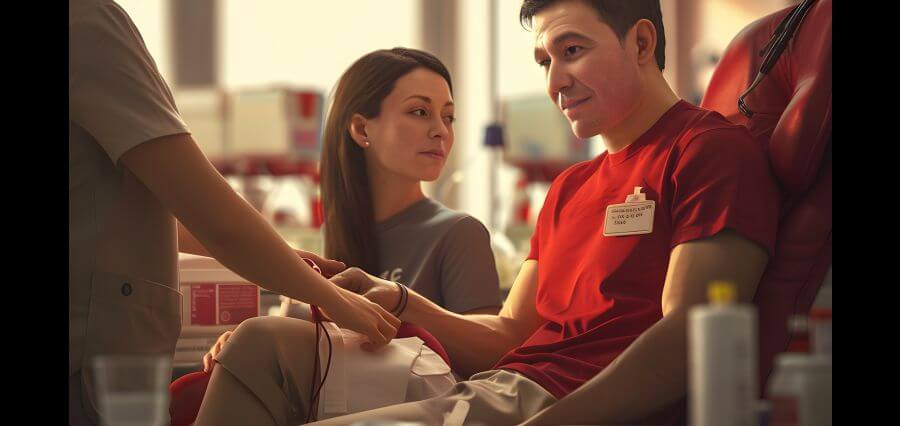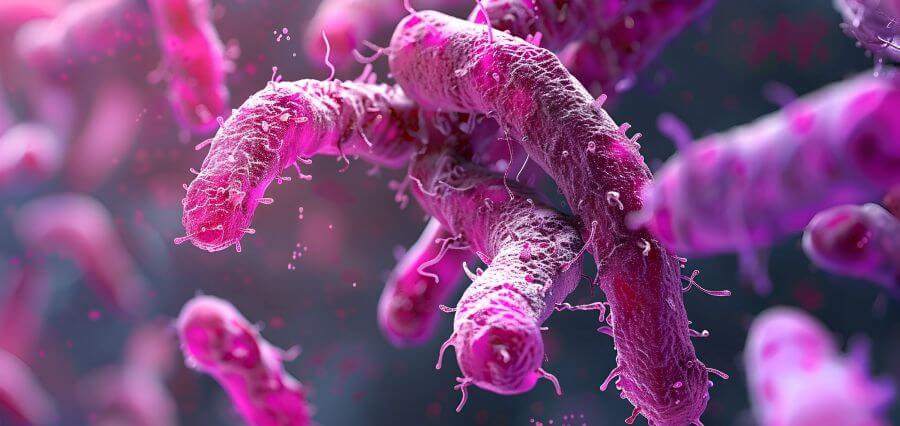In 2006, the human papillomavirus (HPV) vaccination was originally recommended for females only, with the clear message that the shot prevented cervical cancer and other cancers linked to the virus. Boys have absorbed the HPV vaccine at a slower rate even though it was later approved for them.
Currently, a new study indicates that vaccination against HPV is most effective against cervical cancer in both boys and girls, highlighting the need of immunizing both populations against the virus. However, what lessons should parents learn from this and why should both boys and girls receive the HPV vaccine? Experts dissect it.
Giving boys and girls the HPV vaccine produces “herd immunity” against specific kinds of HPV, which can help reduce the probability that females will get cervical cancer, according to a study published Nov. 8 in the journal Cell, Host, and Microbe.
Researchers conducted a study on 33 municipalities in Finland where children were randomly randomized to receive the HPV vaccine for boys and girls, for girls alone, or not at all. More than 11,000 children born between 1992 and 1994 were followed up with when they were 18 years old, and 5,500 adults were followed up with when they were 22 years old.
Eight years after the children had the vaccination, the researchers found that in the 22 towns where it was administered, the prevalence of HPV strains 16 and 18, which are the vaccine’s target and account for 70% of cervical cancer cases, had dramatically decreased. The 11 towns that vaccinated both girls and boys reported a decrease in HPV types 31 and 45 (the third most frequent type linked to invasive cervical cancer), whereas the 11 towns that vaccinated only girls saw a decrease in HPV type 31, which is connected to a higher risk of head and neck cancers.
In addition to the direct immune protection produced by vaccination, vaccination of both boys and girls will benefit the community by herd protection, according to main study author Ville Pimenoff, a senior research fellow at the Karolinska Institutet, who speaks with sources. According to Pimenoff’s research, vaccination only girls would require 20 years to have the same impact on lowering rates of HPV, which causes cancer, as vaccinating both boys and girls would only need eight years.
Physicians praise the results. Professor of gynecologic oncology and reproductive medicine at The University of Texas MD Anderson Cancer Center Dr. Andrea Milbourne tells the media, “This study is exciting and shows that both genders should be vaccinated in order to prevent cervical cancer.”
Read More: https://thecareworld.com/





